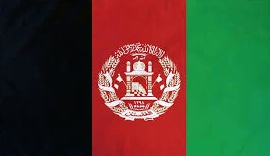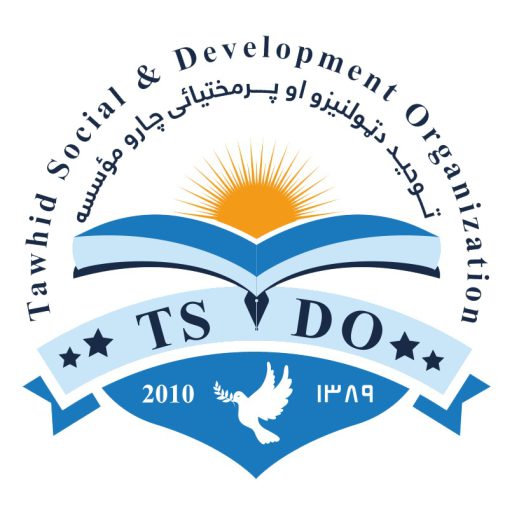- Home
- Who We Are
Who We Are
Tawhid Social & Development Organization
Tawhid Social & Development Organization (TSDO) is an Afghan non-governmental, non-profit, non-political, non-religious independent organization (NGO) which was founded in 2010. TSDO is currently based in Kabul with regional offices in Kandahar, Helmand, Nangarhar, and Balkh Provinces. This organization is established to assist in a developed, modern, and stable Afghanistan and to secure the operation of relief, rehabilitation, and development through contributions in the scope of education, food security, livelihood, agriculture, and animal husbandry, basic health (WASH and nutrition), consultancy, social peace, and conflict resolution across Afghanistan through maintaining close cooperation, collaboration and partnership with related internal and external stakeholders. TSDO has been improving and developing a professional team with the productive ability to have adequate capacity for executing operational, management, and implementation of quality efforts for the social and economic development of Afghanistan since December 2010 in areas which adhere to the organizational vision and mission.

VISION
TSDO Vision is of a peaceful, prosperous, welfare, and stable Afghanistan free from violence and discrimination where all its citizens enjoy equal economic, social values, educational opportunities and have the right of access to food security, healthy nutrition, and welfare livelihood with respect and dignity.
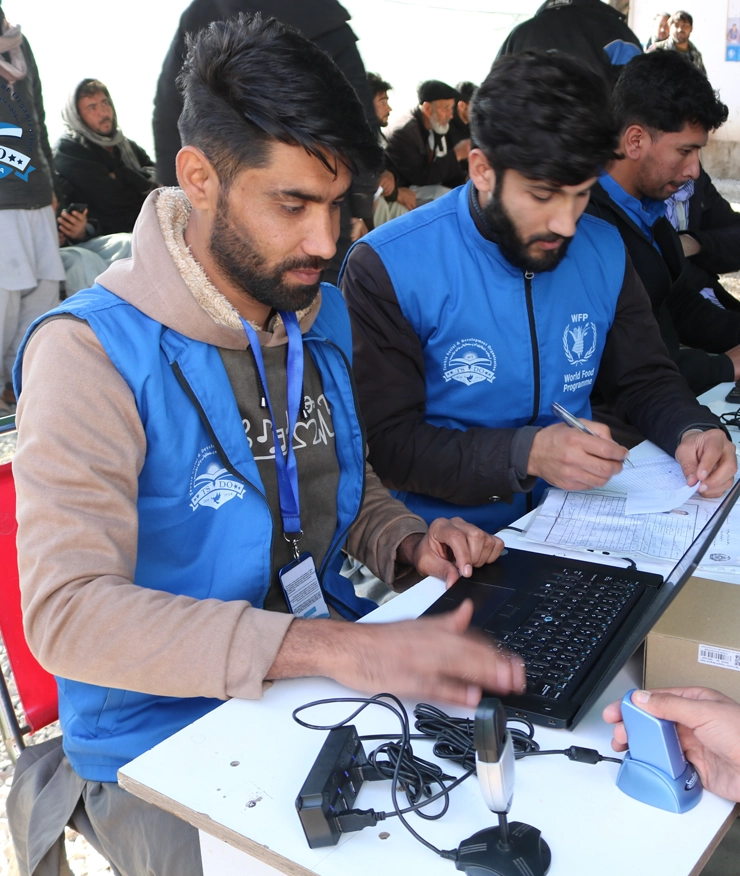
MISSION
Our Mission is to ensure the social, economic, and political well-being of communities and individuals with a particular focus on the poor and vulnerable people so that they can participate fully in society. TSDO will accomplish this by providing basic services, strengthening local governance, promoting sustainable livelihoods, improving nutrition and food security, resilience development, motivating and educating people primarily in rural areas, and creating employment opportunities for young people, through improving small and medium enterprises, building capacities of local officials, civil societies, and community members through training programs, workshops, and seminars, conducting surveys and research and launching services delivery programs, advocacy, and social cohesion.
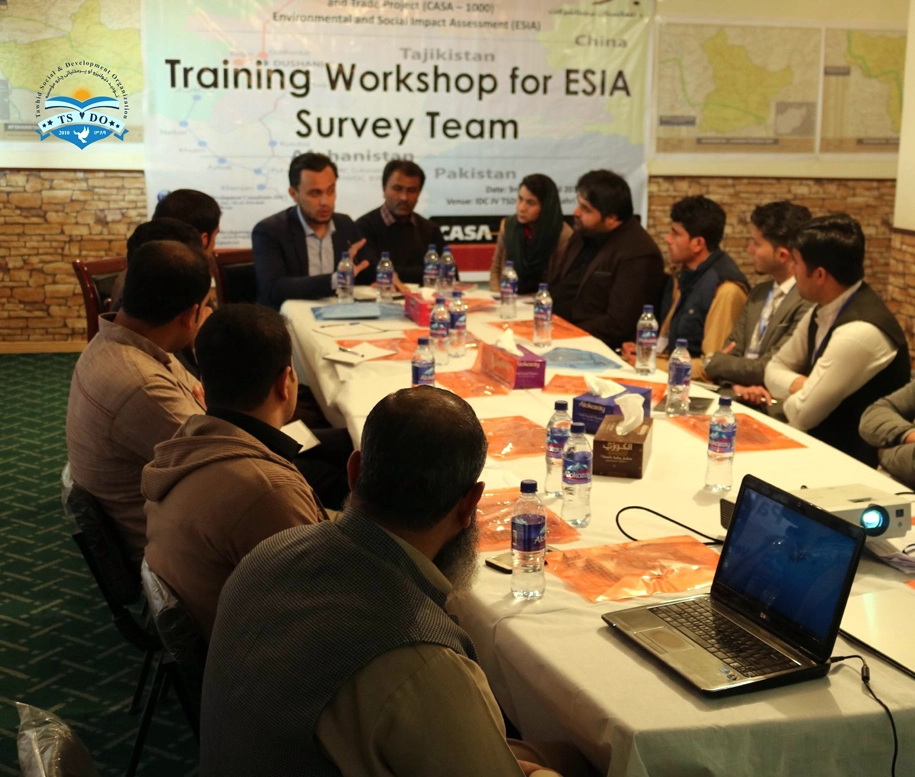
GOALS
Our goal is to contribute and participate in the country’s socio-economic integrated development as a leading national NGO by strengthening our organizational capacity and expanding our geographic and service coverage to every part of Afghanistan.
Contextual analysis
Afghanistan, with about 38 million population, is one of the poorest countries in the world, already suffering from 40 years of conflict and 5 years of severe drought. The average life expectancy is the lowest rate in the world, and the literacy rate, according to UN estimation, is less than 10% for men and less than 2% for women. Afghanistan also lies in an earthquake zone; the last major earthquake was in 1998, which killed 7,000 people and affected a further 165,000 in Badakhshan and Paktika provinces. Afghanistan’s development depends on building an effective and self-sufficient public finance system. The majority of Afghanistan’s population has always been food insecure. Even before the war, local agricultural production only met 50% of its needs, and the situation worsened during the war years. The combination of a low agricultural base, limited returns on livestock, and lack of other earning opportunities has always meant that many families struggle to survive.
As mentioned earlier, most of the population in rural areas has always faced a food deficit. This was provoked by frequent natural disasters like drought, landslides, and flooding between-1999 – 2023.
Some of the reasons for the food insecurity were:
• Unsecure working areas.
• Lack of job opportunities
• Low business skills.
• Poor Government advocacy and support
• Lack of irrigated lands.
• Short cropping season, due to long, cold winter.
• Extensive soil erosion.
• Less arable land for cultivation – steep rocky slopes and narrows valleys.
• Lack of agriculture inputs – no fertilizers, lack of improved seeds, and prevalence of pesticides.
• Drought and shortage of rain fall.
• Frequent natural disasters – such as earthquake, drought and flooding.
• Poor irrigation system | Lack of trackable road.
Strategic Interventions

A: Short-Term Action Plan
- Crisis Risk Mitigation Processing
- Food Security
- Job Creation
- Livelihood Improvement
- Emergency Response
- Nutrition
- Social Peace and Conflict Resolution
- Social Cohesion
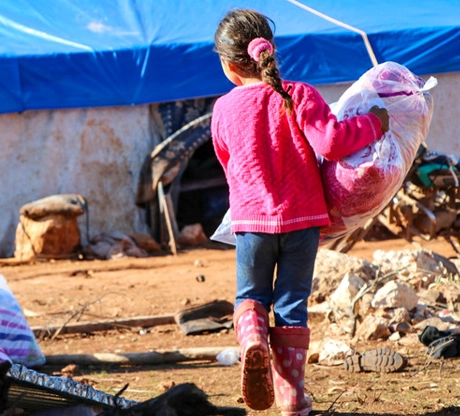
B: Long-Term Action Plan
- Socio-Economic Development.
- Social Cohesion and Empowerment.
- Economic Rehabilitation, Improvement, and Development.
- Food Security and Livelihood.
- Social Peace and Conflict Resolution.
- Education and Capacity Building.
- Agriculture
- Resilience Development.
- Health (BPHS & WASH)
- Construction of Agriculture and Irrigation Infrastructures and Shelters.
- Research (Baseline, Middle, final, and Impact Evaluation.)

Core Values
Shariahs’ Role and Principles, Diversity, Human Rights, and
Transparency.
Policy & Legalization
TSDO is a non-governmental official organization that has been registered with the Ministry of Economy of Afghanistan under License No. 1884. As an implementing organization, TSDO is making itself available to all donors, agencies, governmental or non-governmental, national or international, for related activities, efforts, and any required actions, including operations.
TSDO follows a set of rules and regulations according to its statute, which applies to all projects, programs, and staff members. However, for different donor-funded projects, the donor agency’s policy/statute is applicable.
Policy & Legalization
1. TSDO HR Policy (HR Policy and Procedure, Duty of Care, Salary Administration)
2. TSDO Finance and Procurement Policy
3. Admin Policy
4. Cash Management Policy
5. Child Protection Policy
6. Protection from Sexual Harassment,
Exploitation and Abuse policy
7. Procurement Policy
8. Anti-Fraud Policy
9. Monitoring and Evaluation Policy
10. Gender Equality
11. Risk Management Policy
12. Anti-terrorism Policy
13. ICT Policy
14. Logistic Mandate
15. Code of Conduct

